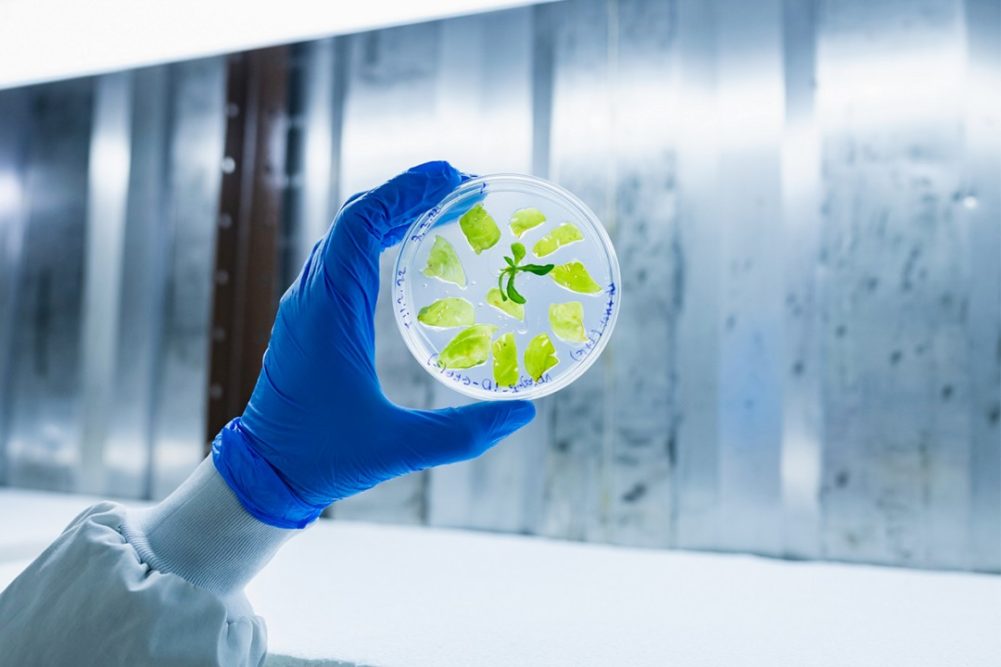KIRYAT SHEMONA, ISRAEL — Food technology startup BioBetter Ltd. is using the tobacco plant (Nicotiana tabacum) to scale up production of cellular meat, which could reduce costs of the product at retail and foodservice.
Cell-derived meat requires a culture medium composed of a mix of amino acids, nutrients and growth factors, which are needed for cells to multiply. Israeli-based BioBetter turns tobacco plants into bioreactors for expression and large-scale production of the proteins. A proprietary protein extraction and purification technology allows the company to exploit nearly the entire tobacco plant while delivering a high-purity product at broad scale production.
The company sources tobacco plants from local growers but hopes to eventually source the raw material from tobacco growers globally.
“There are multiple advantages to using Nicotiana tabacum as a hardy vector for producing GFs (growth factors) of non-animal origin,” said Amit Yaari, PhD, chief executive officer of BioBetter. “It is an abundant crop that has no place in the food-and-feed chain due to its extremely bitter taste and content of undesirable alkaloids.
“The global trend for reducing tobacco smoking also is raising concerns among tobacco growers that the crop might eventually become obsolete. Yet the tobacco plant has huge potential to become a key component in the future of food.”
Polaris Market Research, New York, forecasts the global cellular meat market to have a compound annual growth rate of nearly 15% from 2021-28 and reach $352.4 million.
Other media used in cellular meat are costly, according to BioBetter. Insulin and transferrin growth factors are collected from livestock, which makes it difficult to obtain large quantities. The fermentation of yeast or bacteria may create the media, but that requires facilities.
“The Good Food Institute determined that approximately a 100-fold reduction in insulin and transferrin costs is required to make cultivated meat economically viable,” said Dana Yarden, MD, co-founder of BioBetter. “It is estimated that growth factors and cell-culture media can constitute 55% to 95% of the marginal cost in manufacturing cell-based foods.”
BioBetter was founded by Oded Shoseyov, PhD, an entrepreneur and researcher at The Hebrew University in Jerusalem; Yarden, a biotech business expert; and Avi Tzur, who was the first to invest in the technology.


